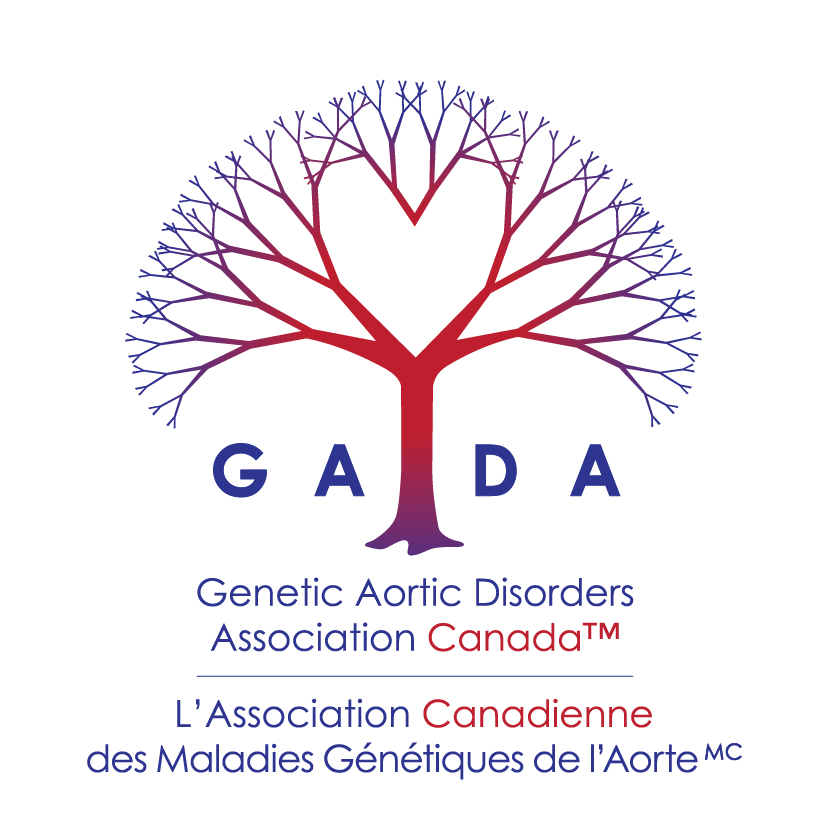2013
“Targeting Collaborative Signaling Pathways in Marfan Syndrome”
$50,000 Funded by TFF
January 2014 - December 2015
Lynn Sakai, PhD
Oregon Health & Science University, Portland Shriners Hospital for Children,
Portland, OR, United States
For the last decade, attention has been focused on abnormally activated TGFβ signaling as a major contributor to disease in Marfan syndrome and related disorders. The current clinical trial of losartan is based on findings that losartan can inhibit TGFβ signaling. However, new findings clearly show that TGFβ action in the progression of aortic aneurysm and dissection is much more complicated than previously appreciated. This new appreciation will influence both the interpretation of results from the current clinical trial of losartan and the launch of new directions for research.
New unpublished results from our laboratory indicate that other signaling pathways are abnormally activated during the progression of aortic aneurysm in mouse models of Marfan syndrome. We show that these novel signaling pathways are at work alongside the activated TGFβ signaling pathway known to contribute to Marfan syndrome. Therefore, we propose that the novel pathways may collaborate with TGFβ pathways to produce aortic aneurysm and dissection.
We propose that a form of the fibrillin-1 molecule, made available through diseasecausing processes, can bind to Notch receptors and cause abnormal activation of Notch signaling. We propose to use inhibitors of Notch signaling to determine if we can ameliorate aortic disease in our mouse models of Marfan syndrome. We will use a drug that is commonly used to inhibit Notch signaling and that has been used in mice. We will also use a genetic approach to reduce Notch signaling. Finally, we will perform cell culture studies in order to decipher the mechanisms responsible for the disease-causing induction of Notch signaling.
If our investigations are successful, we hope that the Notch signaling pathway will offer a new way to intervene in aortic disease in the Marfan syndrome. It may be that our results will indicate that a dual trial of TGFβ and Notch inhibitors is warranted. There are many new drugs that are being developed that can target the Notch signaling pathway, so if Notch signaling plays an important role in Marfan syndrome, new drugs can be expected for future trials.
